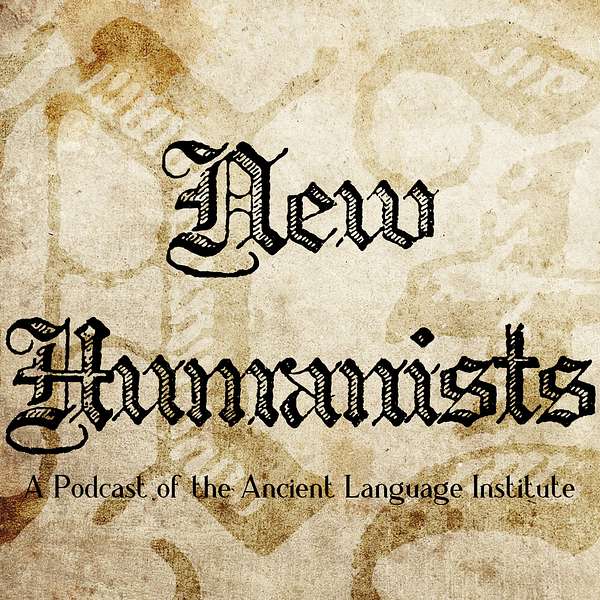
New Humanists
New Humanists
Was Virgil Divinely Inspired? | Episode XXXIII
The late antique and medieval Church saw Virgil as a pagan herald of Christ, due to the seemign messianic prophecies in Eclogue IV. In a 1953 essay titled "Vergil and the Christian World," T.S. Eliot argues that the Christian sympathies in Virgil's poetry go even deeper than that single poem, and in fact suffuse the entire Virgilian corpus.
T.S. Eliot's Vergil and the Christian World: https://www.jstor.org/stable/27538181
Vergil's Eclogue 4 (Latin): https://www.thelatinlibrary.com/vergil/ec4.shtml
Vergil's Eclogue 4 (English): http://classics.mit.edu/Virgil/eclogue.4.iv.html
Virgil's Eclogues, Georgics, and Aeneid (Latin-English): https://amzn.to/3VlnUqr
Fustel de Coulanges's La Cité Antique (French): https://amzn.to/3yzATuZ
Fustel de Coulanges's The Ancient City (English): https://bookshop.org/a/25626/9780648690542
Alan Jacobs's The Year of Our Lord 1943: https://bookshop.org/a/25626/9780190864651
T.S. Eliot's The Waste Land: https://poets.org/poem/waste-land
Plutarch's On the Obsolescence of Oracles: https://amzn.to/3RVk4kW
New Humanists is brought to you by the Ancient Language Institute: https://ancientlanguage.com/
Links may have referral codes, which earn us a commission at no additional cost to you. We encourage you, when possible, to use Bookshop.org for your book purchases, an online bookstore which supports local bookstores.
Music: Save Us Now by Shane Ivers - https://www.silvermansound.com